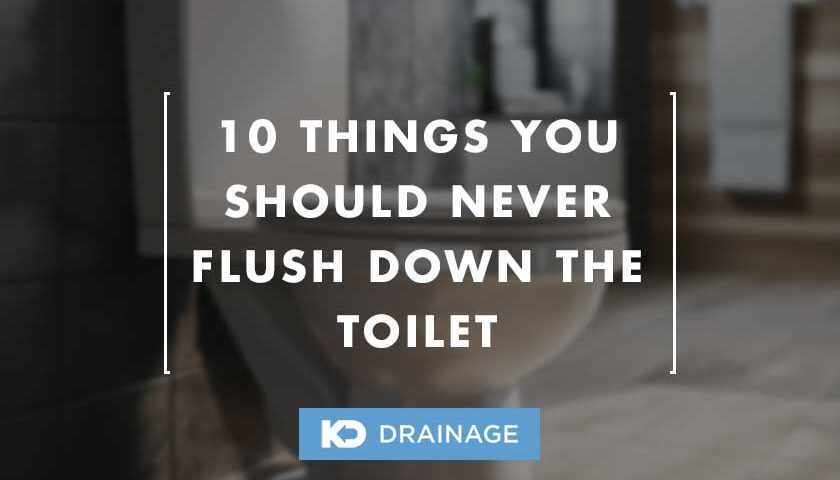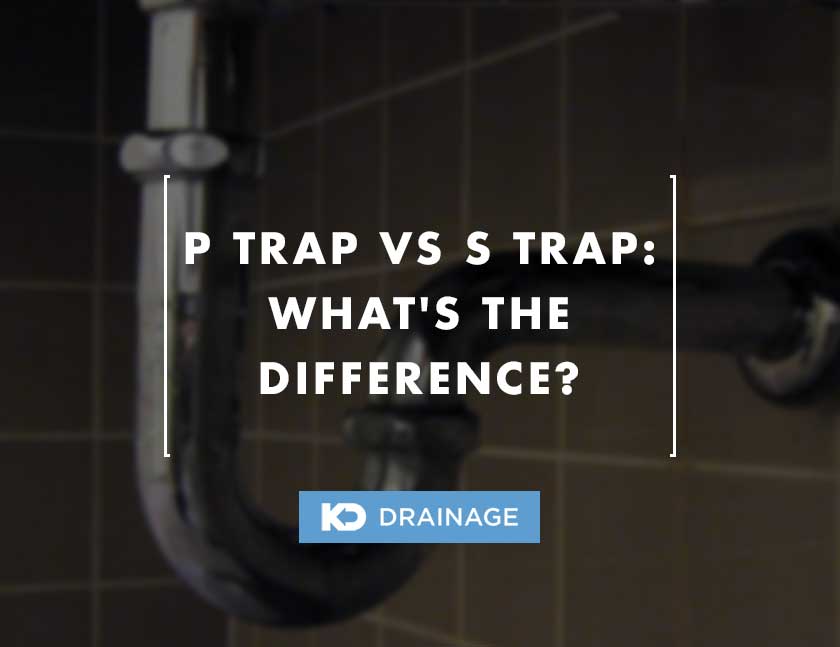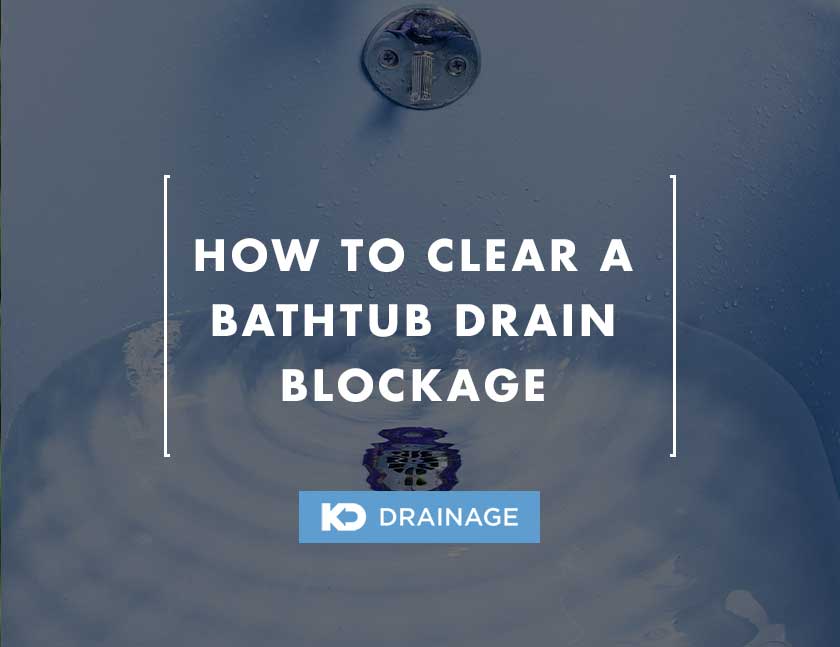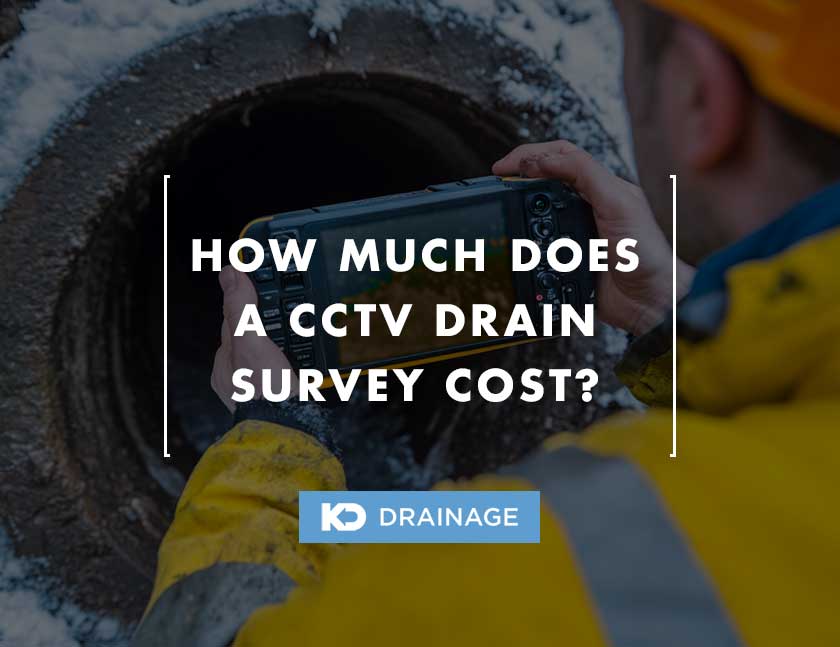
How to Clear a Bathtub Drain Blockage
1 April 2025
P Trap vs S Trap – What’s the Difference?
1 June 202510 Things You Should Never Flush Down the Toilet
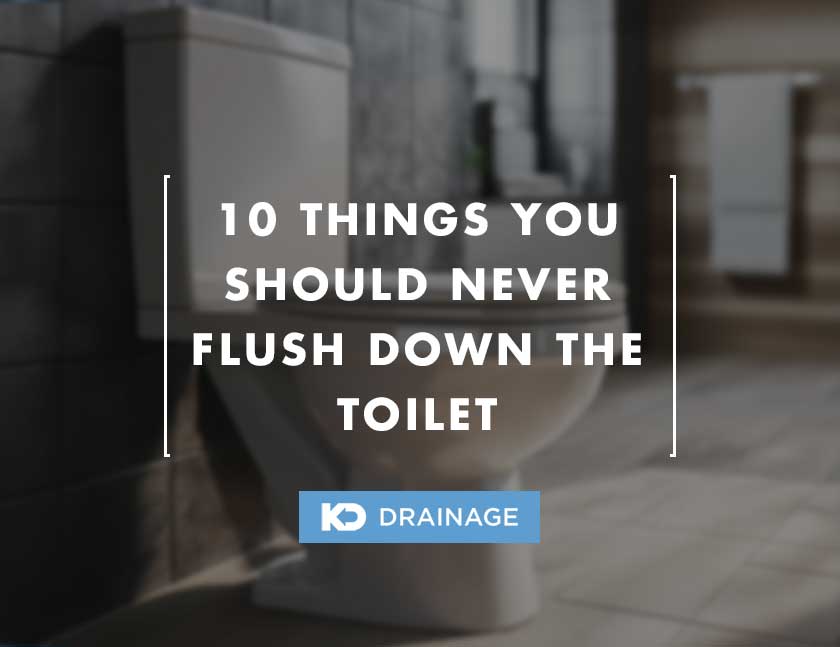
Toilets are designed to flush only certain things, like toilet paper and human waste.
However, many people flush everyday items without realising the damage they can cause.
Flushing the wrong things might seem harmless, but it can create serious problems.
It can block pipes, damage sewage systems, and lead to expensive repairs.
Waste that shouldn’t be flushed can also harm water systems and pollute the environment.
These are 10 things you should never flush down the toilet.
Knowing what not to flush helps protect your home, your community, and the planet.
By making small changes, you can avoid costly repairs and help keep water systems clean.
Table of Contents
Why You Should Never Flush Certain Things Down the Toilet
Flushing the wrong things down the toilet might seem harmless, but it can cause serious problems.
Toilets are designed to handle only toilet paper and human waste.
Anything else can damage your plumbing and harm the environment.
Many everyday items don’t break down in water like toilet paper does.
Instead, they build up in pipes, causing blockages that can lead to costly repairs.
Blocked Pipes
Blocked pipes don’t just affect your home – they can also cause problems in the wider sewage system.
When pipes become clogged, wastewater can back up into homes or streets.
This creates unpleasant smells and health risks and in some cases, large blockages form in sewers, known as fatbergs.
These can take weeks to remove and cost thousands of pounds.
Environmental Damage
Flushing harmful items can also damage the environment.
Chemicals from medicines, cigarette butts, and cleaning products can end up in rivers and oceans.
This pollution harms fish, plants, and other wildlife.
Small plastics like cotton buds and sanitary products can also enter the water supply, adding to the plastic pollution crisis.
By thinking carefully about what you flush, you can help protect your plumbing, the sewage system, and the environment.
Always bin items that don’t belong in the toilet.
10 Things You Should Never Flush Down the Toilet
Flushing the wrong items down the toilet can cause serious problems.
While it may seem like a quick and easy way to get rid of waste, many items don’t break down in water like toilet paper does.
Understanding what should never be flushed can help protect your home, your plumbing, and the planet.
Here are 10 common items you should always bin, not flush.
Baby Wipes
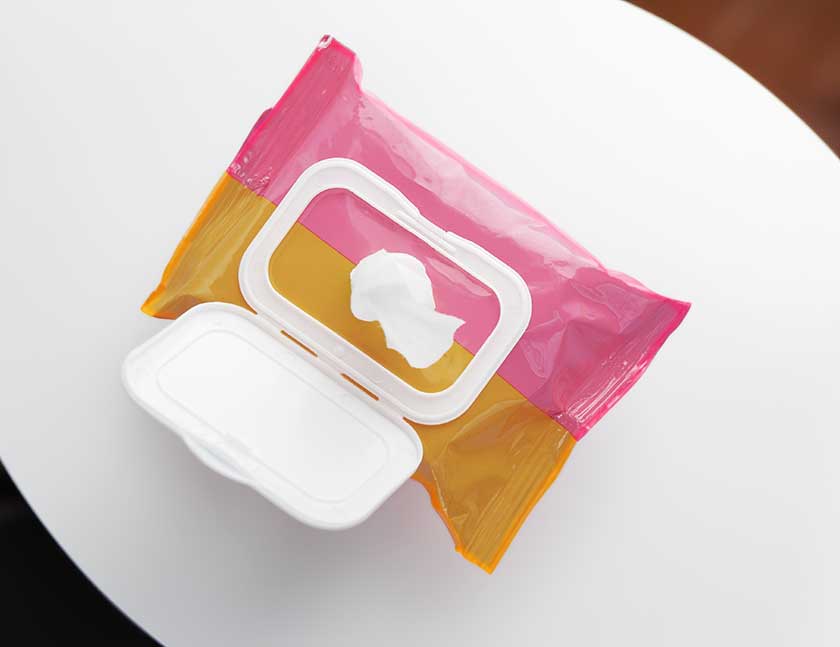
Baby wipes are one of the most common items people flush down the toilet.
Many brands label their wipes as ‘flushable’, but this can be misleading.
Unlike toilet paper, baby wipes don’t break down easily in water.
They stay intact as they travel through pipes, often clumping together with other debris.
This creates blockages that can clog pipes and lead to expensive repairs.
Baby wipes also contribute to fatbergs – large masses of fat, grease, and waste that block sewers.
Always dispose of baby wipes in a bin, even if the packaging says they’re flushable.
Keeping a small bathroom bin nearby makes it easier to throw wipes away properly.
Cat Litter
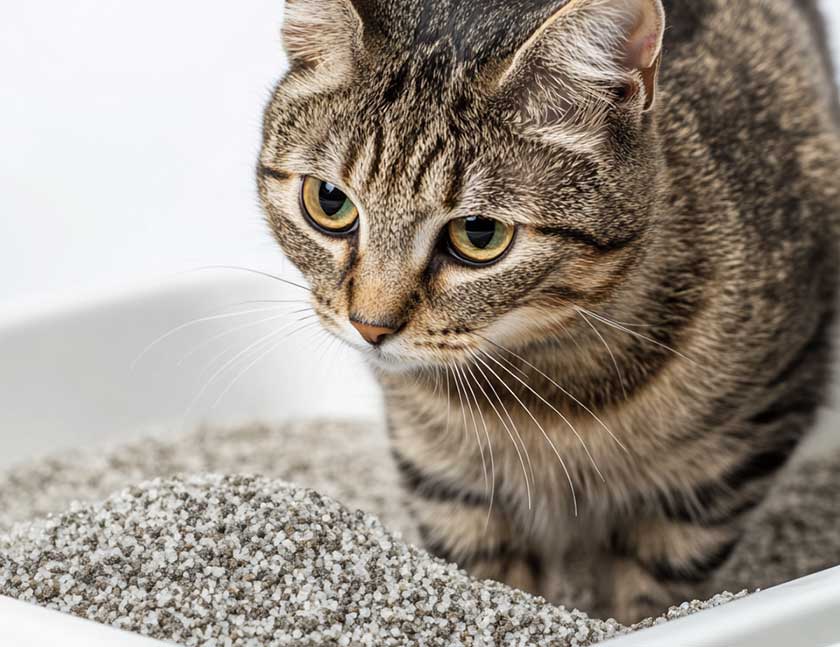
Flushing cat litter might seem like an easy way to get rid of waste, but it’s a bad idea.
Cat litter is designed to absorb moisture, causing it to expand and harden in water.
This can quickly block pipes and lead to stubborn clogs.
Cat litter can also contain harmful bacteria like Toxoplasma gondii, which can survive in water systems and harm marine life.
Always bag cat litter securely and place it in the bin.
This helps keep both your pipes and the environment safe.
Cigarette Butts

Cigarette butts might seem small and harmless, but they can cause big problems in the plumbing system.
The filters are made from plastic fibres that don’t break down in water.
Over time, they build up in pipes, contributing to blockages.
Cigarette butts are also full of harmful chemicals like nicotine, arsenic, and heavy metals.
When flushed, these chemicals can pollute water supplies and harm fish and other wildlife.
Always dispose of cigarette butts in an ashtray or bin, not the toilet.
Condoms
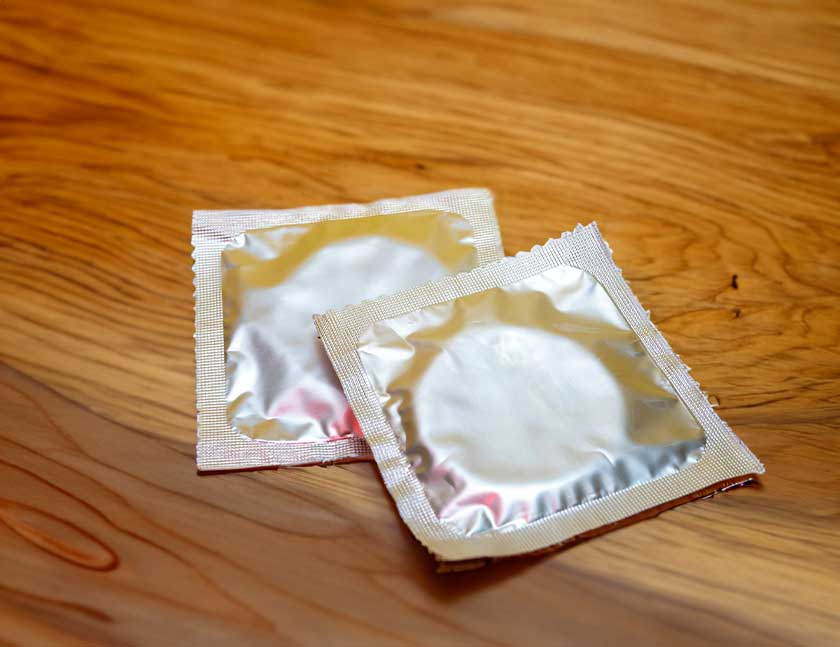
Condoms should never be flushed down the toilet.
They’re made from materials like latex or polyurethane, which don’t break down in water.
Condoms can easily block pipes and cause plumbing issues.
If they pass through the sewage system, they can end up in rivers, lakes, and oceans.
This poses a danger to wildlife, as animals can mistake them for food or become tangled in them.
Always wrap used condoms in tissue and place them in the bin.
Cotton Buds
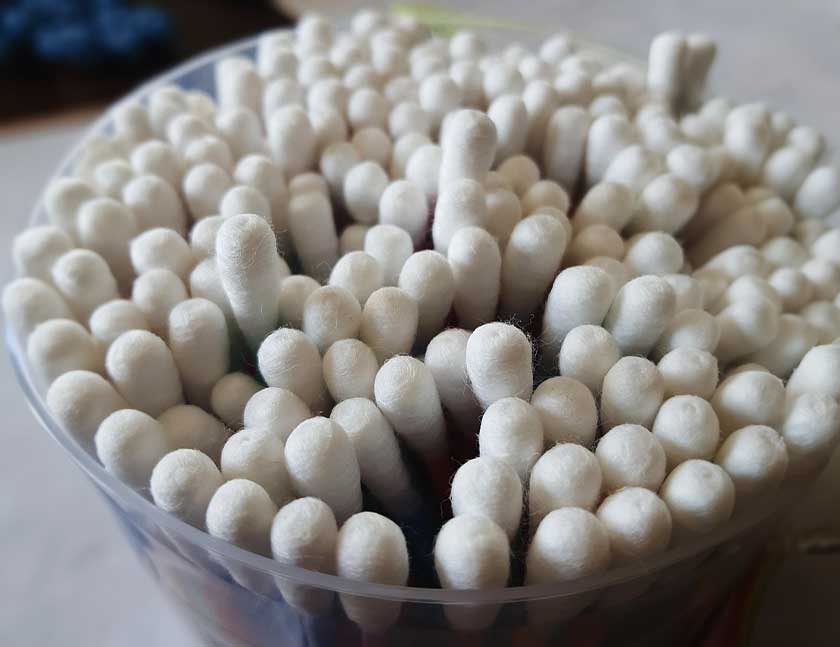
Cotton buds are another small item that can cause big issues.
The plastic or paper stems don’t break down in water and can easily clog pipes.
If they pass through the sewage system, they can end up in rivers and oceans, harming marine life.
Many animals mistake cotton buds for food, which can lead to injury or death.
To protect both your pipes and the environment, always dispose of cotton buds in the bin.
Hair
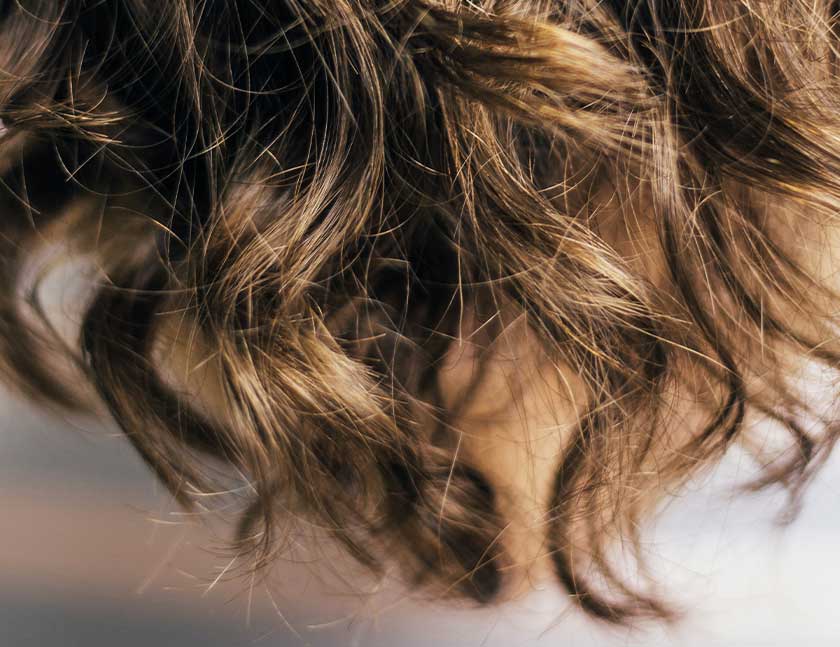
Hair might seem harmless, but it can cause major plumbing problems.
When flushed, hair doesn’t break down in water. Instead, it tangles and forms clumps that block pipes.
Hair can also trap other debris like soap and grease, making blockages worse.
After brushing your hair or cleaning out a hairbrush, always throw hair in the bin.
Installing a drain catcher in your shower or sink can also help prevent hair from entering your pipes.
Makeup Products
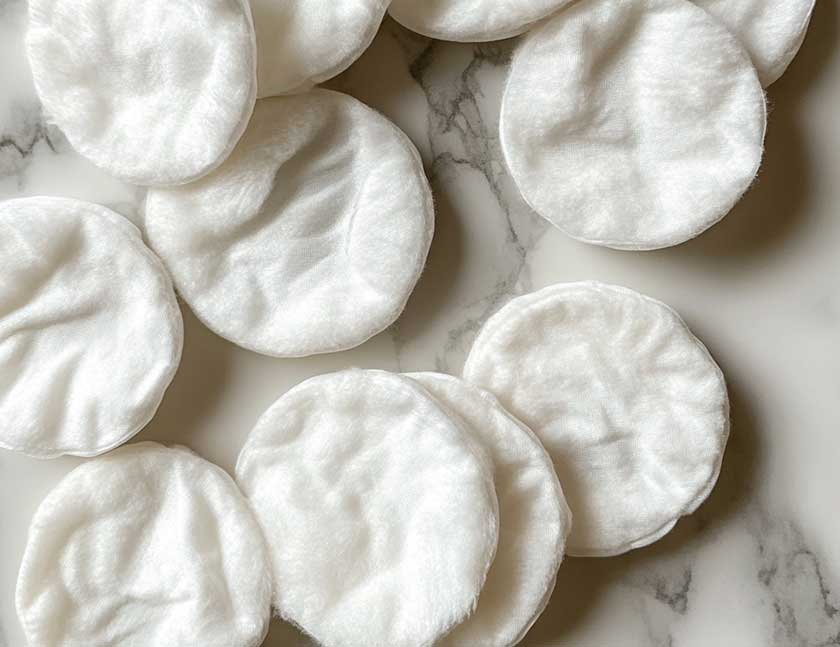
Makeup products like cotton pads, face wipes, and sponges should never be flushed down the toilet.
These products contain fibres that don’t dissolve in water.
They can quickly cause blockages in pipes and sewage systems.
Make-up wipes are particularly harmful because they often contain plastic fibres.
These fibres can end up in waterways, contributing to plastic pollution.
Always bin make-up products to protect your plumbing and the environment.
Medicine
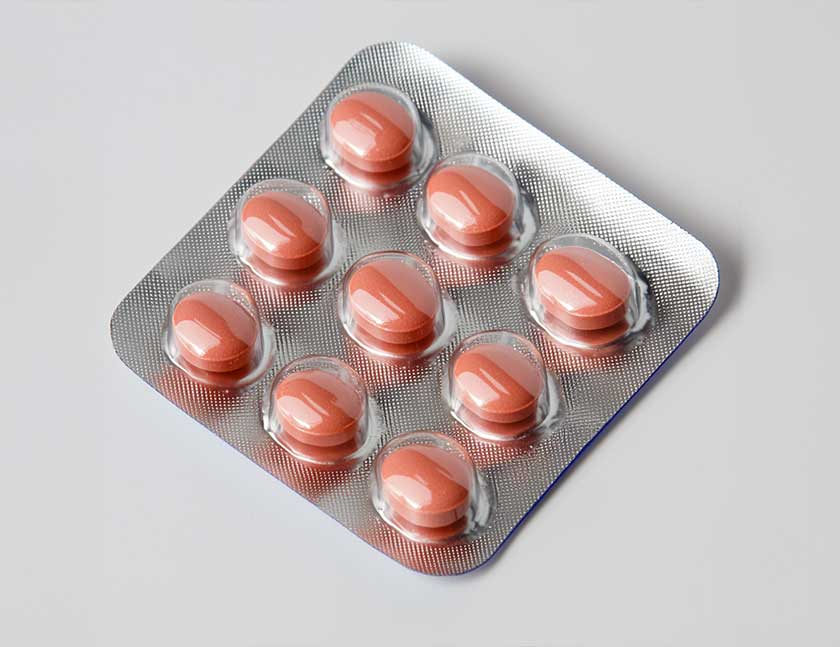
Flushing medicine might seem like a safe way to dispose of it, but it can be very harmful.
Medicines contain chemicals that can pollute water supplies and harm wildlife.
Many sewage treatment plants can’t remove these chemicals from the water.
Over time, this pollution can build up and damage ecosystems.
Instead of flushing medicine, take unused or expired medicines to your local pharmacy.
Most pharmacies have special collection points for safe disposal.
Plasters
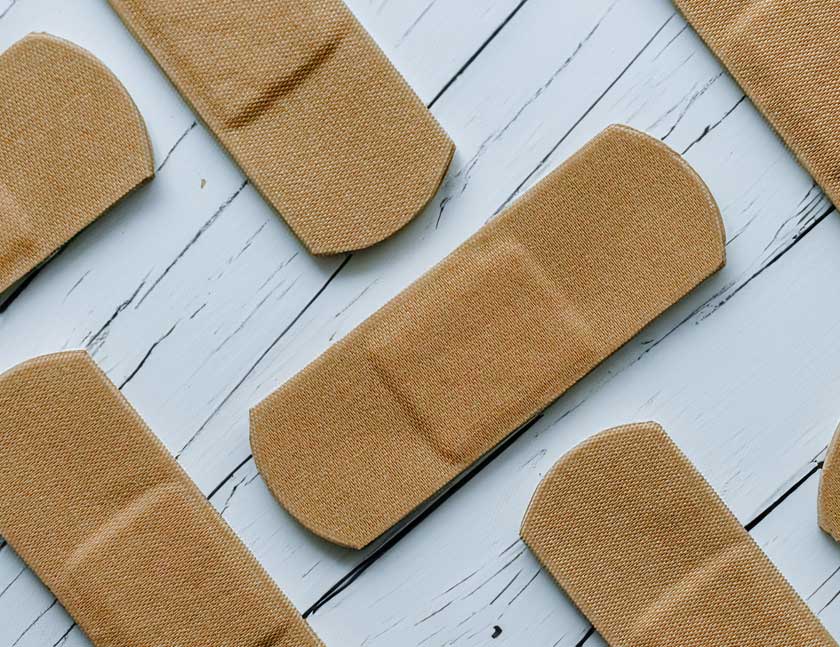
Plasters might seem small, but they can cause big problems in plumbing systems.
They’re made from plastic and adhesive materials that don’t break down in water.
Flushing plasters can quickly lead to blockages in pipes and sewage systems.
Plasters can also harm wildlife if they enter rivers or oceans.
Always wrap used plasters in tissue and throw them in the bin to avoid blockages and pollution.
Sanitary Pads
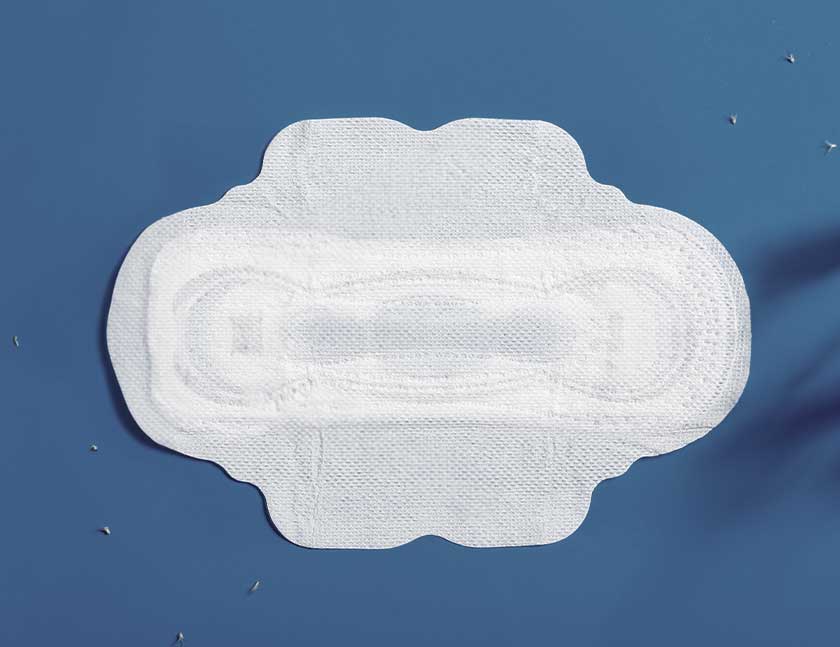
Sanitary pads can be one of the biggest causes of blocked pipes.
They’re designed to absorb moisture, not break down in water.
When flushed, they swell up and quickly block pipes.
Sanitary pads also contain plastic, which doesn’t break down and can harm the environment.
Always wrap sanitary pads in tissue and place them in a bin.
Many public toilets have special bins for sanitary products to encourage proper disposal.
What to do if You Have Flushed These Things Down the Toilet?
If you’ve accidentally flushed something you shouldn’t, it’s important to act quickly.
The sooner you deal with the issue, the less chance there is of a blockage.
If the item is still visible in the toilet bowl, try to remove it using rubber gloves or tongs.
Avoid flushing the toilet again, as this can push the item further into the pipes.
If the item isn’t visible, check how the toilet is draining.
A slow flush or rising water level could be a sign of a blocked drain.
Try using a plunger to dislodge the item.
Once you know how to use a plunger to create suction, they can be used to help clear the pipe.
If the toilet remains blocked, avoid using chemicals like drain cleaners.
These can damage your pipes and harm the environment.
Instead, call a professional, such as us here at KD Drainage, for help.
They have the right tools to clear the blockage safely.
To prevent further problems, always follow proper disposal methods.
Keep a small bin in the bathroom for non-flushable items like wipes, cotton buds, and sanitary products.
Acting quickly and disposing of waste correctly helps protect your plumbing and the environment.
Conclusion
You should now have more of an understanding of what things you should never flush down the toilet.
Toilets aren’t rubbish bins, and treating them like one can cause more harm than you might think.
Flushing the wrong items doesn’t just risk blocking your pipes – it can damage entire sewage systems, leading to costly repairs.
Harmful materials can also pollute water supplies, affecting wildlife and the environment.
Even small items like cotton buds or cigarette butts can cause big problems when flushed.
By disposing of waste properly, you help protect your home, local waterways, and marine life.
Always think before you flush – if in doubt, bin it.
Small actions like this make a big difference to the environment and help keep your plumbing running smoothly.
For more information, or help with any of your drainage needs, get in contact with us here at KD Drainage.

